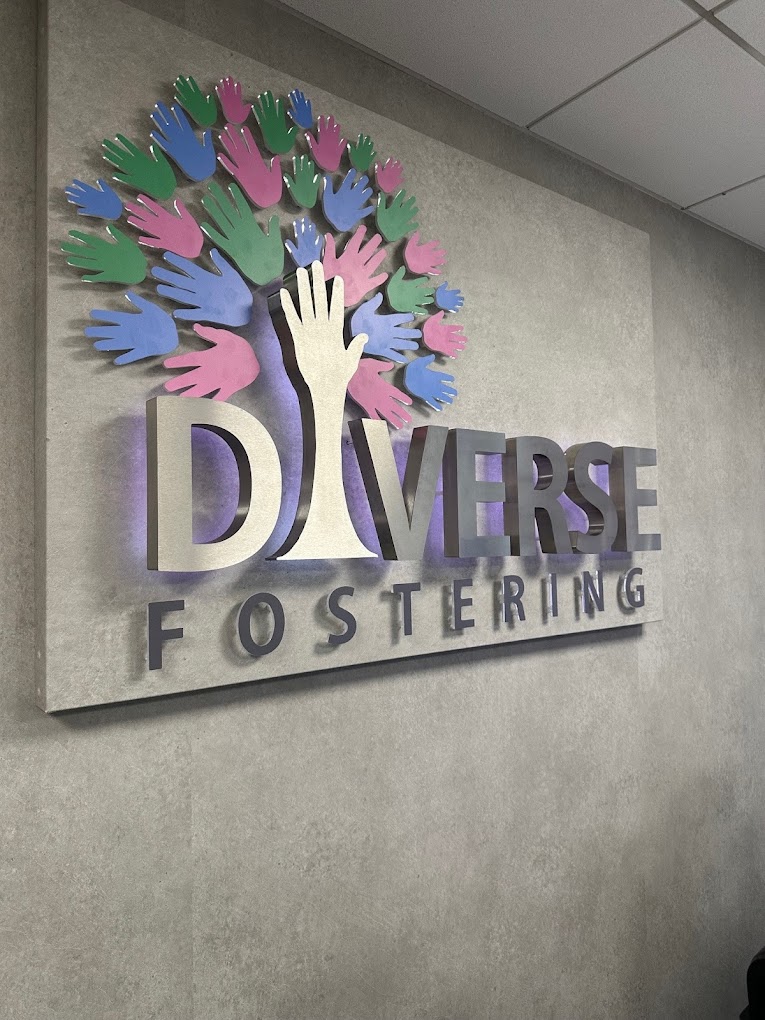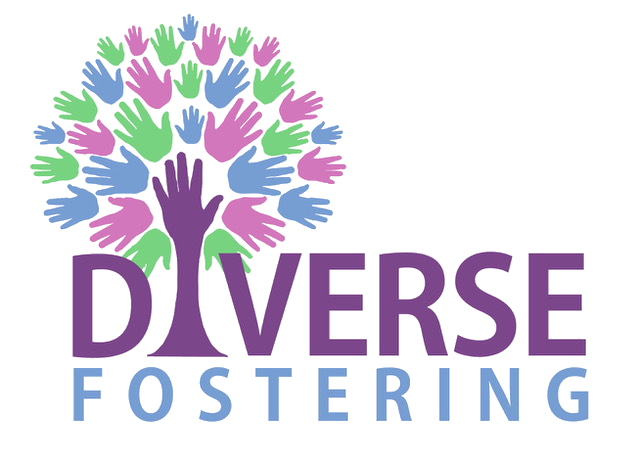Statement of Purpose
Permanent or Long-Term Fostering
Our Statement of Purpose explains who we are as a fostering agency, what we believe in, and how we support our foster carers every step of the way. It sets out our commitment to working in partnership with carers to provide safe, stable, and nurturing homes where children and young people can feel secure, valued, and able to grow.
The document outlines the support, training, and guidance you can expect when fostering with Diverse Fostering, as well as our shared responsibilities in caring for children. We encourage you to read our full Statement of Purpose to understand our approach to fostering and the values that shape our work. You can access the full document via the PDF link below.

Find out more...
Everyone is different and we are happy to talk with you to discuss what foster care might look like in your circumstances. Please contact us to explore further!

